What is the difference between an electric bike and a motorcycle?

4. Different license plates
Electric bicycles: They are equipped with special license plates for electric bicycles, which are usually different from ordinary motor vehicle license plates in color and font.
Motorcycles (including electric and fuel): They are equipped with motor vehicle license plates, which are similar to car license plates, but may have different colors or logos depending on the region.
5. Different driver's license requirements
Electric bicycles: They belong to the category of non-motor vehicles, so no driver's license is required to drive an electric bicycle. However, the driver must be at least 16 years old.
Motorcycles (including electric and fuel): They belong to the category of motor vehicles, and the driver needs to obtain the corresponding motorcycle driver's license. Specifically, driving an electric moped requires an F license (D and E driver's licenses also include electric mopeds), and driving an electric motorcycle or fuel motorcycle requires an E license (D driver's license also includes electric motorcycles and fuel motorcycles).
6. Different driving rights
Electric bicycles: They should be driven in non-motor vehicle lanes; on roads without non-motor vehicle lanes, they should be driven on the right side of the roadway.
Motorcycles (including electric and fuel): Drive in the rightmost lane of the motor vehicle lane.
7. Purchase of insurance is different
Electric bicycles: They are non-motor vehicles, and you can purchase third-party liability insurance, driver and passenger personal accident insurance and other corresponding insurances as needed.
Motorcycles (including electric and fuel): They are motor vehicles, and you must purchase compulsory motor vehicle traffic insurance before going on the road. Some car owners will also choose to purchase commercial car insurance to provide more comprehensive protection.
8. Different procedures for registration and use
Electric bicycles: You need to provide the vehicle owner's identity certificate, vehicle certificate, purchase invoice and other materials for registration and registration, and you do not need to participate in annual inspection.
Motorcycles (including electric and fuel): The registration process is the same as that of cars and ordinary motorcycles. You need to provide the vehicle owner's identity certificate, original vehicle certificate, original purchase invoice, compulsory traffic insurance and vehicle and vessel tax and other materials. Vehicles need to participate in annual inspections regularly to ensure safety and compliance.
In summary, there are significant differences between electric bicycles and motorcycles in appearance, performance parameters, certificate style, license plate, driver's license requirements, right of way, purchase of insurance, and registration and use procedures. These differences make the two have their own advantages and disadvantages in terms of applicable scenarios, ease of use and safety.
Electric bicycles: They are equipped with special license plates for electric bicycles, which are usually different from ordinary motor vehicle license plates in color and font.
Motorcycles (including electric and fuel): They are equipped with motor vehicle license plates, which are similar to car license plates, but may have different colors or logos depending on the region.
5. Different driver's license requirements
Electric bicycles: They belong to the category of non-motor vehicles, so no driver's license is required to drive an electric bicycle. However, the driver must be at least 16 years old.
Motorcycles (including electric and fuel): They belong to the category of motor vehicles, and the driver needs to obtain the corresponding motorcycle driver's license. Specifically, driving an electric moped requires an F license (D and E driver's licenses also include electric mopeds), and driving an electric motorcycle or fuel motorcycle requires an E license (D driver's license also includes electric motorcycles and fuel motorcycles).
6. Different driving rights
Electric bicycles: They should be driven in non-motor vehicle lanes; on roads without non-motor vehicle lanes, they should be driven on the right side of the roadway.
Motorcycles (including electric and fuel): Drive in the rightmost lane of the motor vehicle lane.
7. Purchase of insurance is different
Electric bicycles: They are non-motor vehicles, and you can purchase third-party liability insurance, driver and passenger personal accident insurance and other corresponding insurances as needed.
Motorcycles (including electric and fuel): They are motor vehicles, and you must purchase compulsory motor vehicle traffic insurance before going on the road. Some car owners will also choose to purchase commercial car insurance to provide more comprehensive protection.
8. Different procedures for registration and use
Electric bicycles: You need to provide the vehicle owner's identity certificate, vehicle certificate, purchase invoice and other materials for registration and registration, and you do not need to participate in annual inspection.
Motorcycles (including electric and fuel): The registration process is the same as that of cars and ordinary motorcycles. You need to provide the vehicle owner's identity certificate, original vehicle certificate, original purchase invoice, compulsory traffic insurance and vehicle and vessel tax and other materials. Vehicles need to participate in annual inspections regularly to ensure safety and compliance.
In summary, there are significant differences between electric bicycles and motorcycles in appearance, performance parameters, certificate style, license plate, driver's license requirements, right of way, purchase of insurance, and registration and use procedures. These differences make the two have their own advantages and disadvantages in terms of applicable scenarios, ease of use and safety.




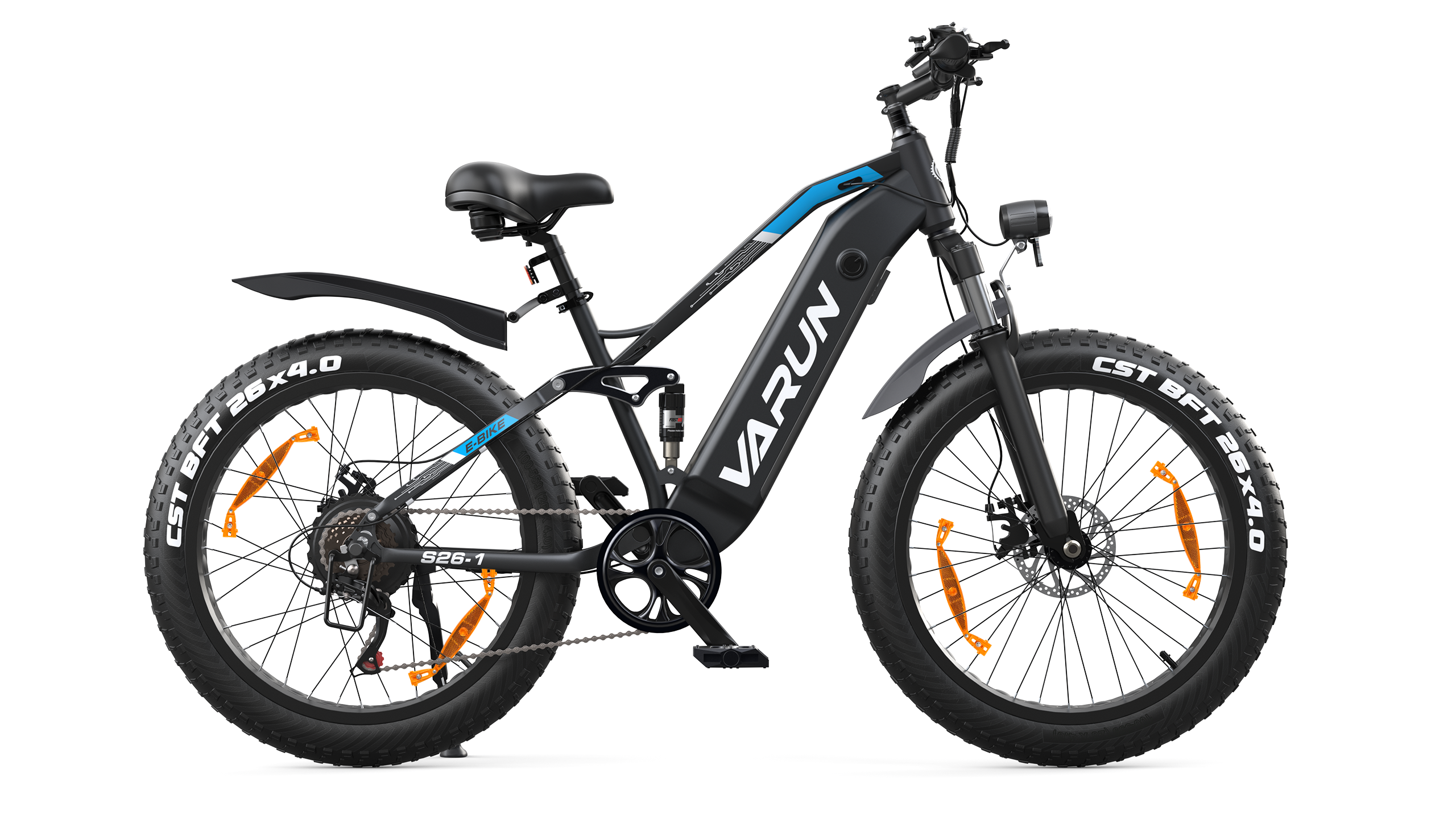
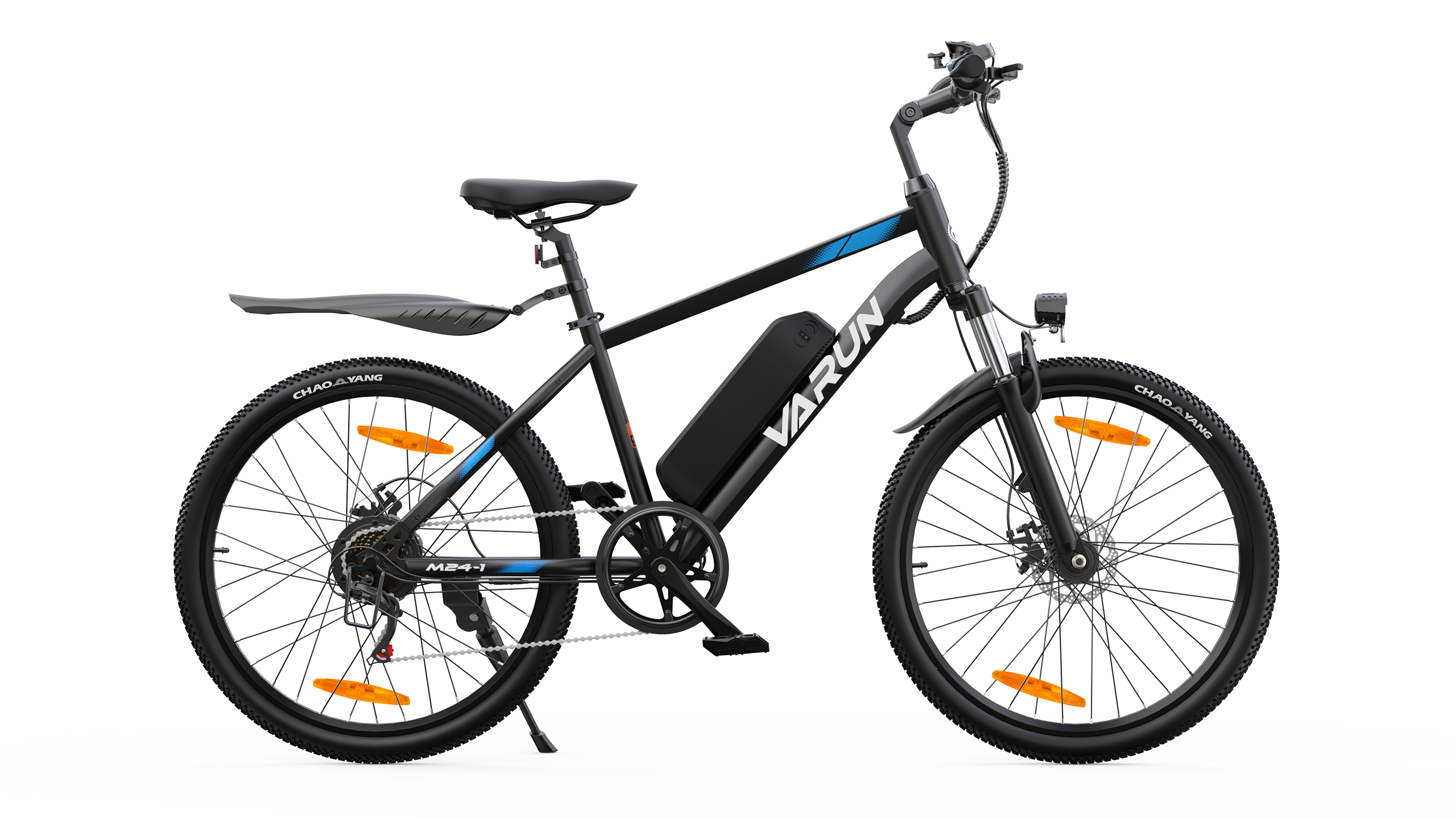
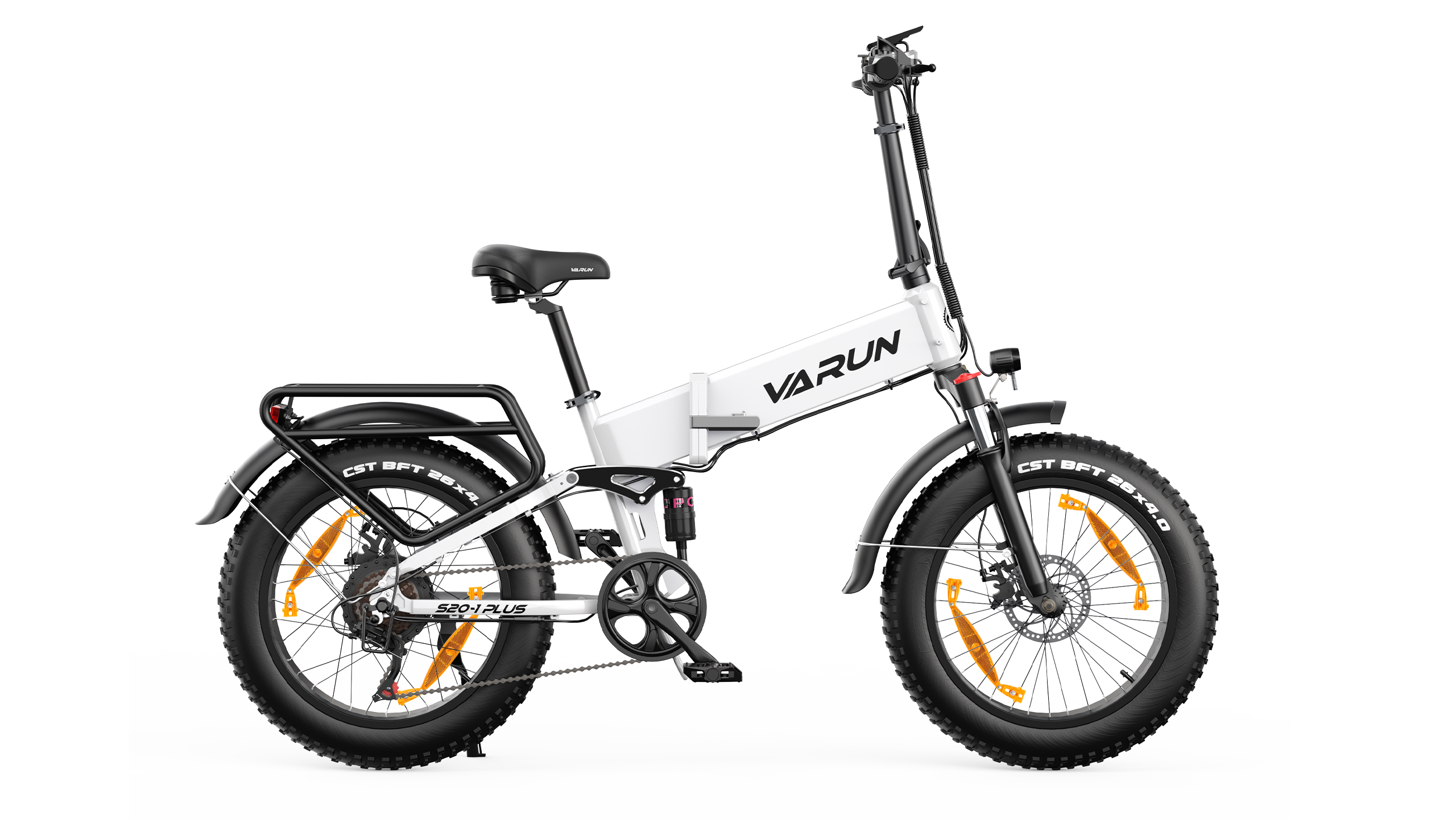





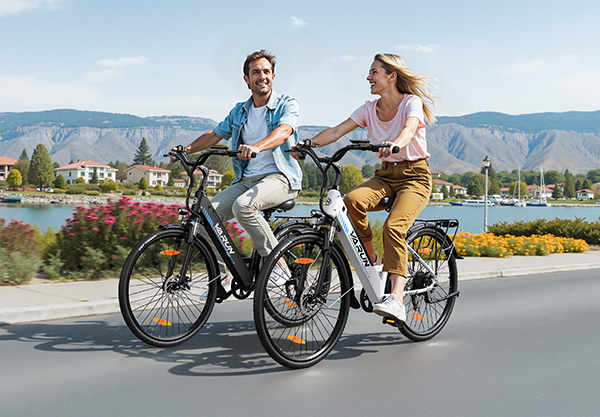

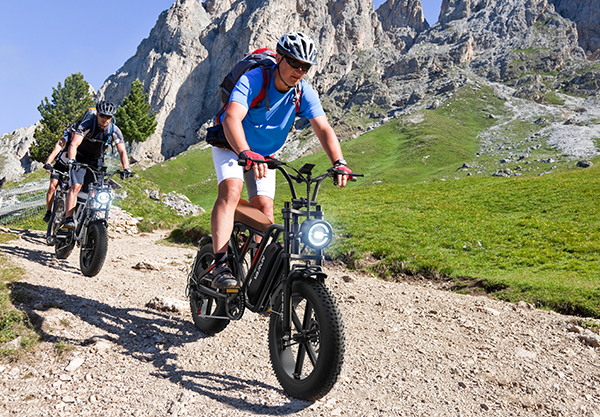

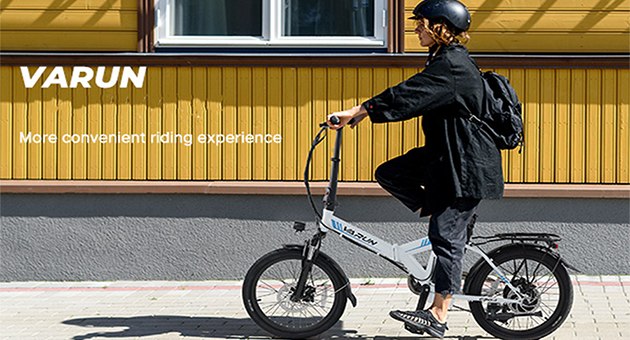

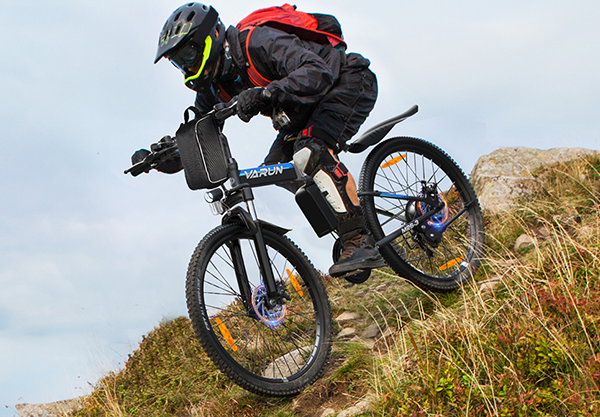
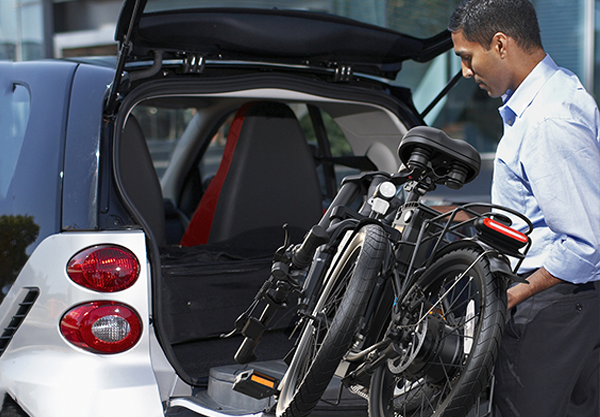







Lascia un commento